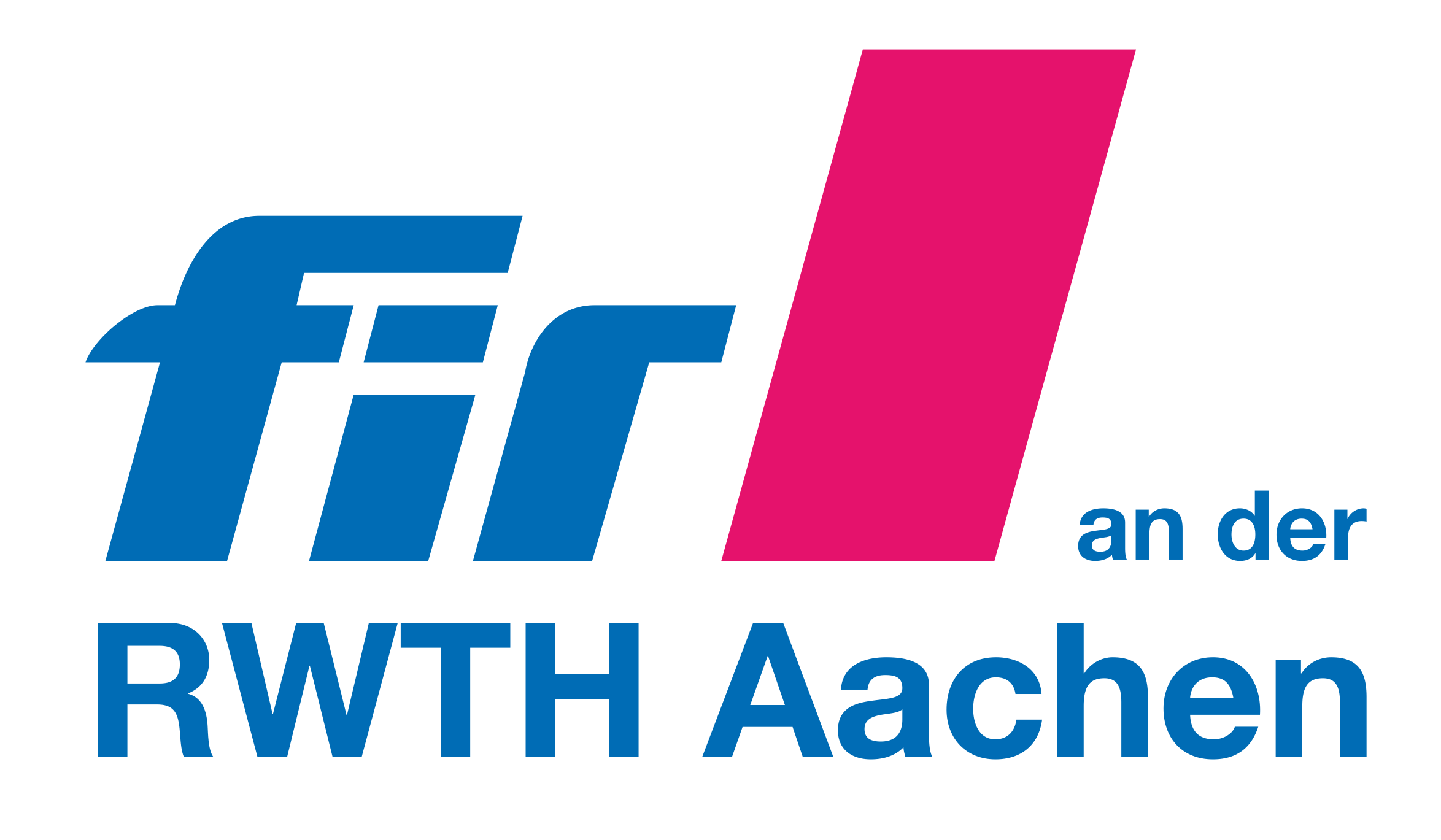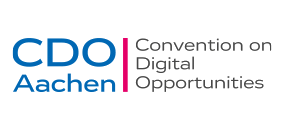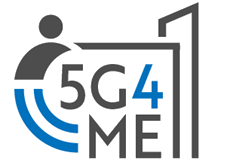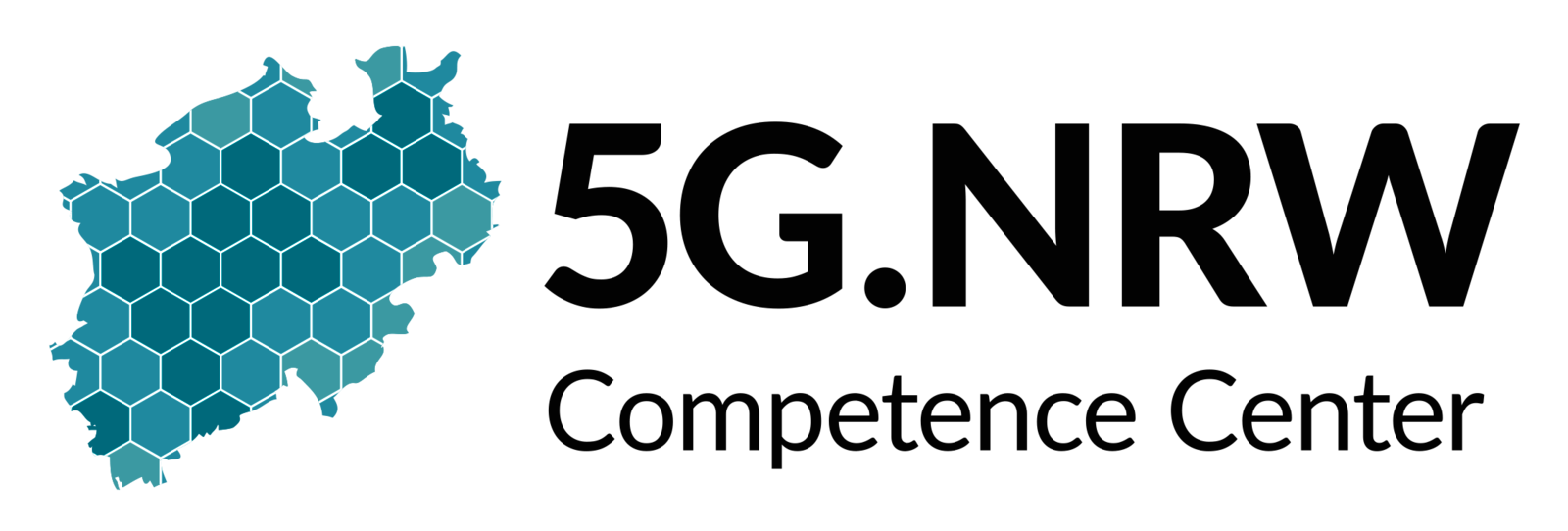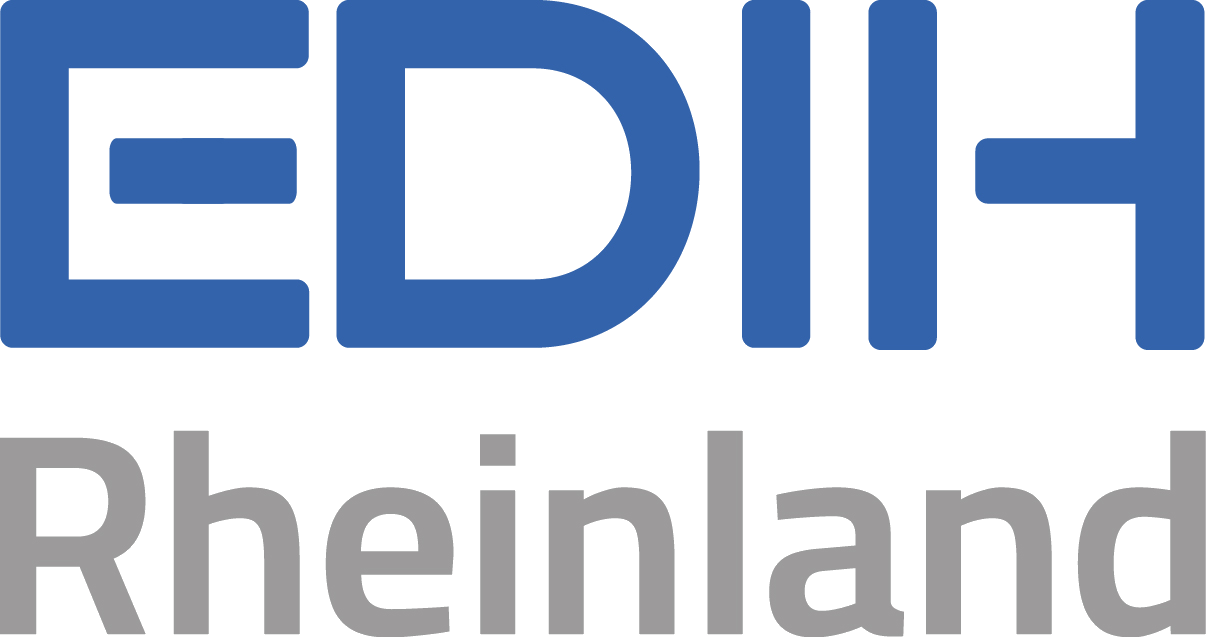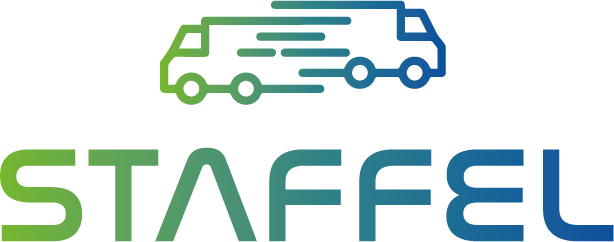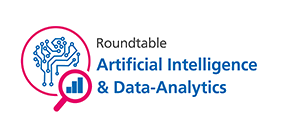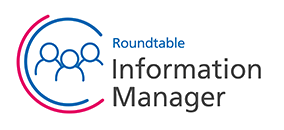Information Management
Digital Architectures for Sustainable Business Success
The digital transformation is both a challenge and an opportunity that must be managed over several years. The digitally networked company has successfully mastered the digital transformation and is able to
- make decisions based on data,
- to react flexibly to changes in general conditions,
- Achieve goals with sustainable measures.
Information management is the central link between the IT technical support of a company and its value-added processes. The digital transformation requires an unprecedented business-IT alignment of companies, since innovations have an impact on the entire company and no longer only on individual areas. Our approach is to use the Aachen Digital Architecture Management (ADAM) to close the existing gaps and develop digital architectures that take into account not only internal requirements but also an external view. The digital transformation includes internal and external customers, which must be addressed holistically. ADAM places these customers at the center of all considerations and, by designing a digital architecture, enables digitally shaped processes, networked products and competitive business models.
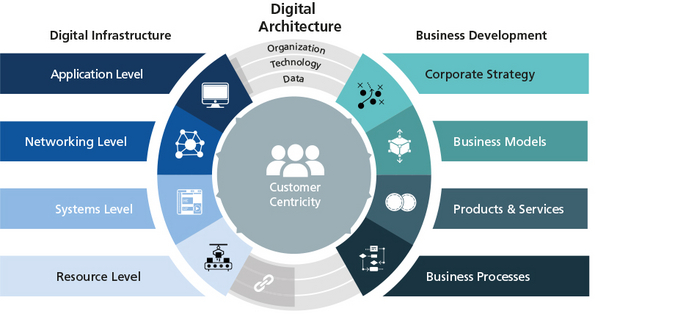
FIR implements ADAM from different perspectives and has defined the following three main research areas:
- Information logistic: Evaluation of the use of artificial intelligence methods to improve internal and external business processes.
- Information technology management: Identification, evaluation and configuration of digital technologies to innovative solution concepts in order to digitalize products, processes and business models.
- IT complexity management: Definition of the necessary steps to design the digital architecture, taking IT and corporate strategy into account.
Related events

We align business and IT with the strategic approach of digital architecture management to ensure sustainable business success.
«Max-Ferdinand Stroh
Research Unit Information Management (Head)Associated research projects

PROSPECTS 5.0
The ‘PROSPECTS 5.0’ project aims to promote the adoption of Industry 5.0 principles such as human-centricity, sustainability and resilience and to facilitate the transition to Industry 5.0 for SMEs, start-ups and scale-ups in various sectors.

SAAT
The aim of the research project 'SAAT' is to demonstrate the technical and economic feasibility of sustainable mixed crops in agriculture. For this purpose, a field planning tool based on explainable AI as well as an AI-controlled sorting robotics module for field crop sorting on autonomous harvesting systems will be developed and the economic efficiency and sustainability of mixed crops compared to monocultures will be measured by means of multidimensional monitoring.

DATAMITE
In the research project 'DATAMITE', 27 partners from 13 countries are working on a modular, open-source and cross-domain framework for data use. It aims to improve data usage in all areas: Exchange, Interoperability, Monetization and Commerce. To this end, 'DATAMITE' brings together the key players in the data value chain.

PrEvelOp
The aim of the 'PrEvelOp' research project is to enable SMEs to identify potential and measures for reducing manufacturing program variance while maintaining product diversity.

AProSys
The aim of the research project 'AProSys' is to sustainably transform sensor-based condition monitoring into a cognitive assistance system with a focus on AI-based prognostics for application within the distribution grid in order to successfully shape the energy and mobility transition in Germany.

EDIH Rheinland
The aim of the research project ’EDIH’ is to further develop SMEs in the Aachen region in terms of their capabilities in the areas of digital skills, artificial intelligence and high-performance computing through funded training, consulting services, and information events.

Roadmap.SW
The aim of the ‘Roadmap.SW’ research project is to support municipal utilities and companies on their way to greenhouse gas neutrality by combining digitization and decarbonization in an interdisciplinary approach for the first time and deriving an individual, scenario-based implementation roadmap for digitally driven transformation in the local energy system on this basis.

URANOS-X
The aim of the research project ‘URANOS-X’ is to enable manufacturing companies with suitable methods to use ‘GAIA-X’ in a meaningful way.

5G4Me
The aim of the '5G4Me' research project is to create a decision-making aid on the basis of which SMEs can examine whether and in what form they can integrate 5G into their business models.
CyberSecurity 4.0
The goal of the 'CyberSecurity 4.0' project is to develop an SME-oriented cybersecurity framework and tools and guidelines as well as a learning environment specifically for Industry 4.0.

5G.NATURAL
The goal of the 5G.NATURAL research project is to implement an autonomous swarm of agricultural machines networked by means of 5G and to provide a business case for rural 5G networks.

VoBaKI
The objective of the VoBAKI research project is to enable SMEs to independently identify the processes and necessary competencies in the lifecycle of an AI use case and to derive the sourcing strategies that are suitable for them.

STAFFEL
In the STAFFEL project, a platform for organizing cross-carrier encounter traffic and an IoT-based security technology for asynchronous trailer transfer are to be designed and pilot-tested.

AKzentE4.0
The aim of the research project “AKzentE4.0” is the humane introduction and implementation of Industry 4.0 concepts and technologies in small and medium-sized enterprises (SMEs) in the Aachen region. For the sustainable anchoring of results, a “Human Factors Competence Center for Employment in Industrie 4.0” is being established.

PAIRS
The aim of the PAIRS research project is to improve the management of crises that threaten the national economy for a wide range of social actors.

BlueSAM
The aim of the BlueSAM research project is to provide application-oriented support for SMEs in the development of their own intelligent products at the IT architecture level.

Legitimise IT
The aim of the research project Legitimise IT is to help SMEs in the manufacturing industry to use and legitimise beneficial shadow IT in a controlled manner, taking existing risks into account.

SewGuide
The aim of the research project SewGuide is to develop a real-time data-based training assistant for the sewing profession.

EIS4IoP
The aim of the research project EIS4IoP is to improve and optimize the complex and non-transparent introduction of energy management systems by developing a design model for the introduction of energy information systems (EIS) as a decision-making aid.

FLEMING
The aim of the project FLEMING is to revolutionize the continuous monitoring of functions and in particular the current use of sensors in distribution networks by using methods of artificial intelligence coupled with an improvement of the associated sensor technology, and thus contribute significantly to the success of the energy and mobility turnaround in Germany.

5G-ICE
The research project 5G-Industry Campus Europe (5G-ICE) aims to establish a 5G research infrastructure on the Melaten campus of RWTH Aachen University and to establish it in production by implementing relevant industrial applications of 5G.
MarryIT
The goal of the research project MarryIT is to support SMEs by a methodically guided survey and potential assessment of their IT-OT integration status. IT-OT integration describes the networking of shop floor systems (OT systems) with office floor systems (IT systems).
Development and measurement of the digitisation of the economy in Germany
The aim of the research project "Development and measurement of the digitisation of the economy in Germany" is to measure the digitisation of the economy in Germany in its complexity and to observe it over time.
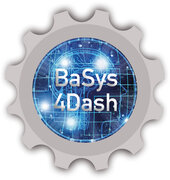
BaSys4Dash
The aim of this research project is to extend the open platform for the fourth industrial revolution, 'BaSys 4.0 - Basic System Industry 4.0', to a partially automated decision support based on dashboards in two user companies and to apply it. In addition, the secondary objective is to create a guideline that describes how these dashboards can also be set up and used in other applications.

Competence-Center 5G.NRW
The projected Competence Center 5G.NRW will assume the central driving function in North Rhine-Westphalia's development into the lead market for 5G and will act via the three following force vectors: the technical entry barriers for companies will be reduced, the economic potential for the vertical markets will be developed and the innovation diffusion - "5G and beyond" - will be accelerated. As a central contact point, the 5G.NRW Competence Center will be easily available to all players with an integrated package of measures.

TechRad
The aim of the TechRad research project is to automate technology scouting in the form of a platform-based radar and to provide a permanently up-to-date overview of available technologies. The filling of the platform is realized by targeted web crawling aimed at technologies.
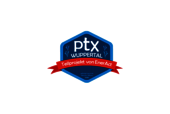
EnerAct
The EnerAct project develops concepts for implementing the energy system transformation at local and regional level in North Rhine-Westphalia. On the one hand, the context for action is shaped by the technical challenges. On the other hand, the actors in the regions and municipalities are confronted with a series of overarching political, technical and cultural developments that are driven by dynamics beyond the energy turnaround. The overlapping of the energy system transformation with megatrends such as digitisation or demographic change requires more than ever integrated problem-solving concepts that contribute to the success of the energy system transformation by taking into account the socio-economic characteristics of the individual regions and municipalities as well as the megatrends.

UrbanMove
The aim is to design and pilot a novel, intelligent inner-city mobility solution. A collaboration of innovative SMEs from the structurally weak urban region of Aachen is herewith funded to implement this. The result will be an integrative customer-centered service platform for autonomous electric shuttle, so-called "PeopleMover".
DigiTextil
The goal is achieved by exchanging data between the companies involved in the process chain and the neutral operator of a legally protected cloud service.

eCloud
The goal of eCloud is to empower SMEs to implement flexible energy management that is prepared for current and future challenges in the area of ??energy use, without deepened energy knowledge and with little distraction from the day-to-day business.
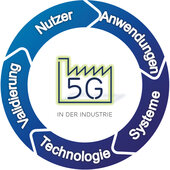
5Gang
The research project will provide a user friendly network management concept to solve communication problems by using 5G. Furthermore, the empowerment by 5G shows new application concepts for the industry.

EWIMA
The aim of the project EWIMA is the prototypical construction of regional virtual power plants in NRW. The approach pursued is the further development of operational energy management for a cross-company optimization of consumption, generation and storage of energy in the direct company neighborhood. key innovation is a central IoT platform that enables complex functions and services.

SurE
The aim of the research project was to increase the efficiency and effectiveness of search queries in ERP systems. Hereby, it reduced the effort for the user and improved the quality of the results. The achievement of the goals was realized by the development of a self-learning, context-based search engine for ERP systems. By taking into account the context of a search query, user behavior and a results evaluation by the user, the result quality of search queries was continuously increased. The development of a demonstrator was intended to show the usefulness of the concept by testing it in different scenarios and evaluating it by means of an economic assessment.
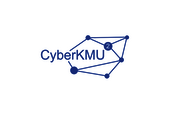
cyberKMU²
cyberKMU² developed an online platform that enables production companies to easily find matching technologies (CPS) to increase their production process efficiency.
CCS
Development of a Cloud-Based Collaborationsoftware to optimize the information exchange between various stakeholds within a construction project.
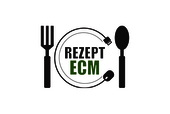
Rezept ECM
Rezept ECM's goal was to help companies in the mechanical and plant engineering industry achieve a holistic ECM concept to meet the current requirements for digitalization. An application-oriented model has been developed as an orientation aid for the establishment of a company-wide ECM concept which takes into account the existing IT landscape and the operational sequences.
I4.0 Maturity Index
Target of the project is an Industrie 4.0 maturity index which enables companies to assess their actual status of Industrie 4.0. With the assessment companies are assisted by an individual roadmap to build their own Industrie 4.0 roadmap.

eSafeNet
The target of the research project "eSafeNet" was the investigation, conception and demonstration of an innovative information technology communication approach for the internet of energy. Basically, potentials of a dedicated communication infrastructure were analyzed considering mobile communication as main technology and tethered transmission technology, e. g. powerline, so that safety relevant structures for stability, reliability and safety meet the requirements. To guarantee the economic efficiency, a service platform was designed which provides safety relevant and additional smart services by service providers.

Digital in NRW
Overall target of the Industrie 4.0 competence center is to enable SME to efficient and and effective processes along the value chain by digitalization and connectivity. The three hubs Ostwestfalen-Lippe, Ruhr and Rhineland cover the target region of North Rhine-Westphalia.
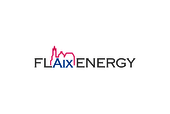
FlAixEnergy
The research objective is the conception, development and prototypic implementation of a platform for the integration of industrial consumers as flexibility cluster and decentralized producers of renewable energy, that will be concluded in so called virtual power plants.

DigiKMU
The goal of the research project "DigiKMU" is to enable small and medium-sized mechanical and plant engineering companies to align their corporate IT strategically to achieve business objectives through industry 4.0 concepts in the field of the CAD-CAM-NC process chain. For this purpose a type modelling maturity model is developed on the basis of which SMEs can conduct a self-assessment and derive recommendations for the realignment of their corporate IT.
Planning the variety of product service systems offers
Under the requirement of the best return rate within product service systems, the aim of the project is to develop a decision model for planing procedures of PPS.

BigPro
Project goal is the development of a Big Data platform including algorithms for data pattern detection to implement a proactivce disturbance management system in the production. Human data is considered as an additional data source. The disturbance management is further supported by an visualization of the disturbances and respective counteractions.
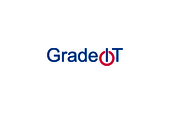
GradeIT
The goal of the research project “Grade IT“ is to develop a practice-oriented method for a systematic assessment of IT-processes for small and medium-sized IT-service providers. This assessing method enables IT-providers to present their IT Services more transparently and to identify weak points as well as to develop potentials that can be used to derive strategic methods for optimizing the IT-processes. This goal can be achieved by means of the development of a SME-specific maturity level model that has a consistent system of tension metrics for assessing IT-processes.
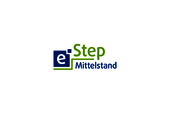
eStep Mittelstand
The aim of the project is the analyses of the use of eBusiness Standards in companies. Identification of typical sets of standards in use for characterisitic problems. Development of formal guidlines and toolings to enable companies to derive a optimized usage of eBusiness Standards.

POLAR
The POLAR research project aims to provide an universal and economically appliable demand side and energy management system for industrial companies. The system's control will be based on external price signals.
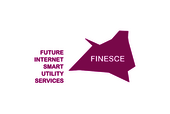
Finesce
The objective of FINESCE was to:
Transform Energy infrastructures towards Smart Energy systems by trialling network enabled applications using common functionality provided by Fi-WARE, developing novel service layer enhancements encapsulated in the FINESCE-API, and by enabling the development of innovation opportunities for ICT and Utility actors as well as in the community providing public services.

uSelectDMS
The goal of "uSelectDMS" is to make usability of document management systems (DMS) describable and to integrate those usability-criteria into the software selection process of MNEs by identifying and evaluating usability-criteria with the help of DMS users, developing an evaluation technique for usability in the context of DMS and deriving a suitable selection method.

Sense & React
Sense&React aims at developing methods and reference architecture for enabling intelligent management of manufacturing information in real-time by implementing and utilizing a factory wide sensing and ICT end-to-end infrastructure.

WOMTA
The project WOMTA aimed to expand the implementation of business application systems from a purely functional view for technological and strategic aspects. Therefore both the compliance with the current IT-architecture and the ability of the entire application environment to succeed in the future were considered.
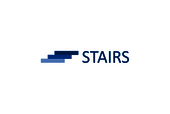
STAIRS
The aim of the project STAIRS was the creation of benefit transparency in the field of master data management; the effective relationships between the areas of influence, data quality and business processes should be simulated within the framework of a new, interactive simulation game, which should be implemented in the innovation laps of FIR. It should make the benefits of high data quality perceivable in practice.
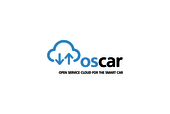
O(SC)²ar
Consequent addition of ICT as well as ICTEE architecture to Aachen's modular system for electric vehicles (StreetScooter).
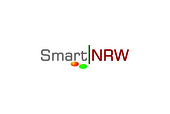
Smart.NRW
Smart.NRW aimed at creating an RFID-based self-optimizing Supply Chain. Therefore following results were developed: Method for automated determination of optimal transponder type and position, production technologies for integration of RFID transponders into cases and adaptive planning and control mechanisms for optimizing and stabilizing the supply chain.

FINSENY
In the FINSENY project, key actors from the ICT and energy sectors teamed-up to identify the ICT requirements of Smart Energy Systems. This led to the definition of new solutions and standards, verified in a large scale pan-European Smart Energy trial. Project results contributed to the emergence of a sustainable Smart Energy infrastructure, based on new products and services, to the benefit of all European citizens and the environment.
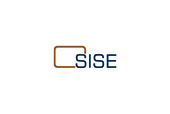
SISE
The goal of this project was the development, implementation and trial of a knowledge communication and learning environment (SISE platform) for manufactures, using the example of the automotive engineering industry and taking advantage of web 2.0-technologies.
Li-Mobility
Li-Mobility aimed at developing a battery management system that would allow prediction of the effects of using the battery for supporting the power grid.

eco2cut
The goal of the project was the realization of manufacturing processes with increased energy efficiency under the aspect of an enhanced environmental sustainability.
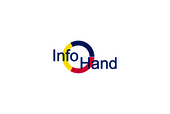
InfoHand
The goal of the research project was to develop an integrated information process model, which would structure and describe central craft order processing steps in a scientifically sound and practical way so that a seamless provision of knowledge would be possible situation-specific and at any time.
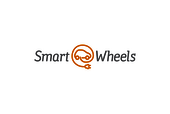
Smart Wheels
The goal of Smart Wheels was the development of business models and convergent IKT-services for the distribution of electro mobility through the integration into the internet of energy and into the infrastructures of public services.
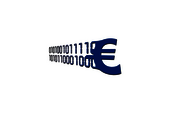
Wertbeitrag der IT
The goal of the research project was to provide an opportunity for small and medium-sized enterprises to determine an individual value proposition for their enterprise-IT.

ID-Select
The goal of the research project ID-select was the development of a technology calendar as a tool for decision supporting in the area of applications planning for identification technologies for small and medium-sized enterprises.

ACC-EC
The goal of the Aachener Competence-Centre was to support small and medium-sized companies cross-industry in the region of Aachen by the introduction of e-business solutions.
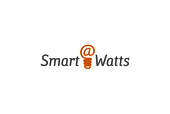
Smart Watts
The goal of Smart Watts was to optimize the complete energy value chain from generation, trading, distribution to consumption by enhancing it with energy related information.
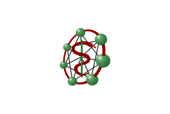
MeDiNa
MeDiNa set one’s sights on developing telemetrically support for enabling primarily clinics to offer patient centred services.
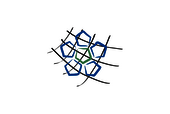
WivU-Transfer
The goal of the transfer project WivU was to allocate methods, standards and the IT-system ProWim, which were developed in the project to a lot of small and medium-sized enterprises and to sensitise these for knowledge management measures.
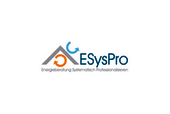
ESysPro
The goal of the project was to create guidelines and standards to professionalize the service quality of energy consultants.

ACTIVE
The goal of the project ACTIVE was to strengthen the productivity in knowledge intensive jobs with the help of the application of intelligent computer systems.
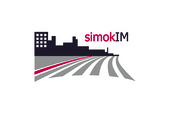
simoKIM
The superior aim of simoKIM was the increase of effectiveness and efficiency in managing municipal road infrastructures. For this purpose the object "road" should be considered in a broadened meaning, and for the first time an integrative communal road infrastructure management should be implemented.
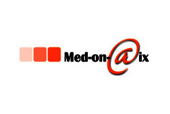
Med-on-@ix
The goal of the project was the optimisation of the whole resource process chain through the arrangement of a telemetric support system, and through the development of a marketready business model for respective enterprises.
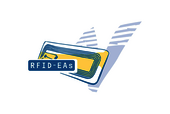
RFID-EAs
The project aim of RFID-EAs was the development of a new method for a benefit evaluation of RFID applications.
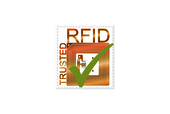
Trusted-RFID
The objective was to work out adequate criteria with which RFID applications can be proofed comprehensible and measurable. The attention was paid to the warranty of the individual demand on data security and privacy of RFID applications on which takes into account the consideration of trade interests.

Tool-East
The objective of the Tool-East-Project was the amplification of existing ERP-/PPS-systems with special ERP- and CRM-functions for an affordable implementation and in small and medium sized companies in Eastern Europe.

Medical Export
The objective of the project MEDICAL EXPORT was the development of methods and tools to open up the market of “medical services for patients from abroad to Germany” and took into account the requirements of the bid and asks quotes.

MYCAREVENT
The goal of MYCAREVENT was an integratet mobile service in the automobile after sales market.
